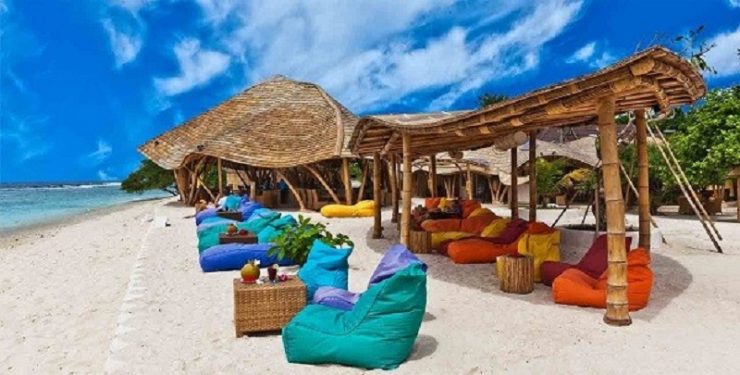WEST Nusa Tenggara will reopen tourist destinations in Lombok’s three small island triplets — Gili Trawangan, Gili Air, and Gili Meno — that can serve as a model of reopened tourism attractions applying health protocols.
According to head of the province’s Tourism Office H. Lalu Moh Faozal said the province will reopen tourist destinations in the three Gilis to serve as a model of tourism attractions that implement health protocols to prevent COVID-19 transmission.
“The spread of the novel coronavirus disease (COVID-19) has decimated the tourism sector, thereby leading to the closure of tourism-related industries, such as hotels, in the region. The reopening of the small islands triplets — gili that means small island in local language — is aimed at reviving the province’s tourism industry and economy,” he noted.
Faozal explained that we will continue to edify the public to improve their awareness to apply new normal standard procedures in their activities. The province’ tourism office has worked jointly with the health office to formulate the standard procedure for tourism operations based on cleanliness, health, and safety (CHS).
“The provincial government has also coordinated with the Lombok district administration to monitor the movement of tourists in the three islands and ensure the application of stringent health protocols in all hotels, restaurants, and tourist spots. These islands will be the first tourist destination to be reopened in NTB,” he pointed out.
He remarked the three Gilis are a popular destination for tourists, especially for scuba diving and free diving in and around the islands, with prolific marine life and scenic coral formations.
Earlier last week, the Ministry of Maritime Affairs and Fisheries (KKP) had expressed readiness to facilitate the recovery of the marine tourism industry in Gili Matra, North Lombok District, West Nusa Tenggara, following a plan on the implementation of the new normal amid the COVID-19 pandemic.
Gili Matra, spanning an area of 2,954 ha, is a national water conservation area currently being managed by KKP’s Kupang National Water Conservation Office (BKKPN). In addition to the health protocols, the Gili Matra tourism industry must follow the new normal tourism protocols on environmental preservation. [antaranews/photo special]
















